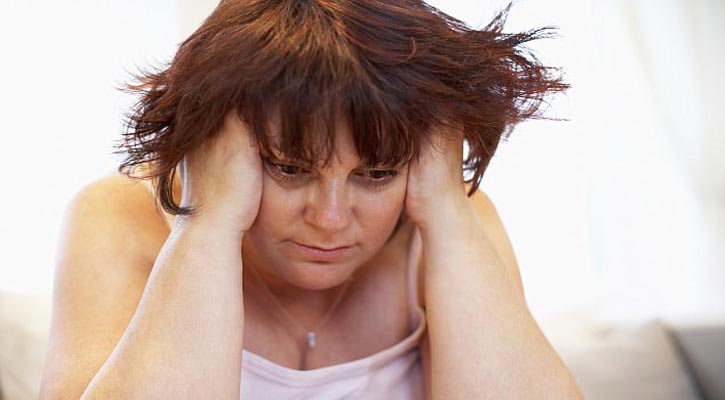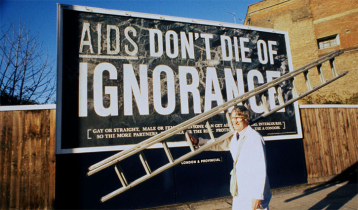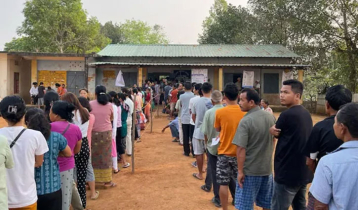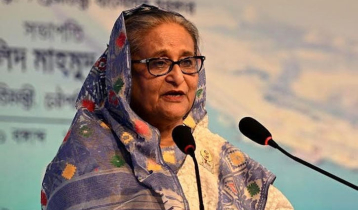Traumatic event increases a woman's risk of obesity
4 || risingbd.com

Risingbd Desk: Women who have experienced traumatic events are more likely to become obese, according to a new study.
Researchers from the University of California, San Francisco found that the more traumatic events women reported experiencing in the last five years, the more likely they were to become obese.
More than 70 per cent of Americans are overweight or obese, putting the vast majority of adults at elevated risk for cardiovascular disease, diabetes, stroke, and other serious health problems.
The research, presented at the American Heart Association’s annual seminar this week, builds on previous studies on how stress can affect eating habits and lead to weight-gain, but is among the first to examine the relationship between obesity in women and stress.
About 67 per cent of women in the US are either obsess or overweight, according to the National Institutes of Health (NIH). The rate of either condition is higher among me, but women are more likely to be obese or extremely obese than are men.
According to statistics from PTSD United, about 70 per cent of all American adults will experience some form of trauma through their lives – the same proportion of people in this country who are obese.
As much as 20 per cent of people who experience trauma develop PTSD, but women are twice likely to suffer from the disorder as are their male counter parts.
Stress from sources like bullying and economic strain has well-documented links to eating disorders, including over-eating and obesity.
Since women are more prone to both extreme stress or PTSD and obesity, the study authors suggest that more attention needs to be paid to these relationships.
‘Little is known about how negative and traumatic life events affect obesity in women,’ says senior study author Dr Michelle A. Albert.
Dr Albert, director of the UCSF Center for the Study of Adversity and Cardiovascular disease, says that ‘we know that stress affects behavior, including whether people under- or overeat, as well as neuro-hormonal activity by in part increasing cortisol production, which is related to weight gain.’
She and her team surveyed nearly 22,000 women in their middle ages or older. This group is at greater risk of obesity than other age ranges are, and, as a function of age, are more likely to have experienced trauma.
The researchers analysed data on both the women’s body mass indexes (BMI) and self-reported stress. The divided stressors into two categories: Significant traumatic events like physical violence or the death of a child that could have occurred any time in their lives and still be affecting them, and ‘negative life events’ that had occurred in the last five years.
Nearly one quarter of the entire sample of women was obese, a lower proportion than that of the total American population of women.
Living through just one traumatic life event increased the risk of obesity by 11 per cent, over that of women who reported no traumatic events.
Those that had experienced four or more ‘negative life events’ were at a 36 per cent greater risk of obesity.
Dr Albert says that the study’s findings suggest that ‘we should consider including assessment and treatment of psychosocial stress in approaches to weight management.’
‘This is important work because women are living longer and are more at risk for chronic illnesses, such as cardiovascular disease,’ she added.
‘The potential public health impact is large, as obesity is related to increased risks of heart attack, stroke, diabetes and cancer, and contributes to spiraling healthcare costs.’
Source: The Mail
risingbd/Nov 15, 2017/Mukul
risingbd.com





































